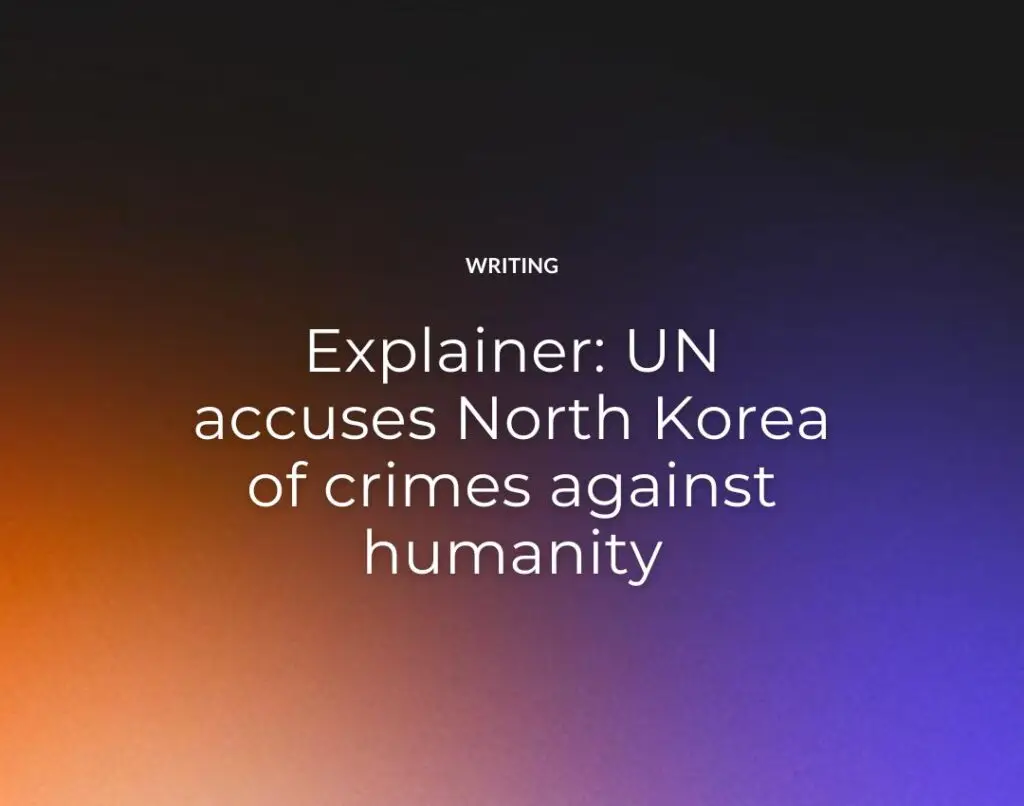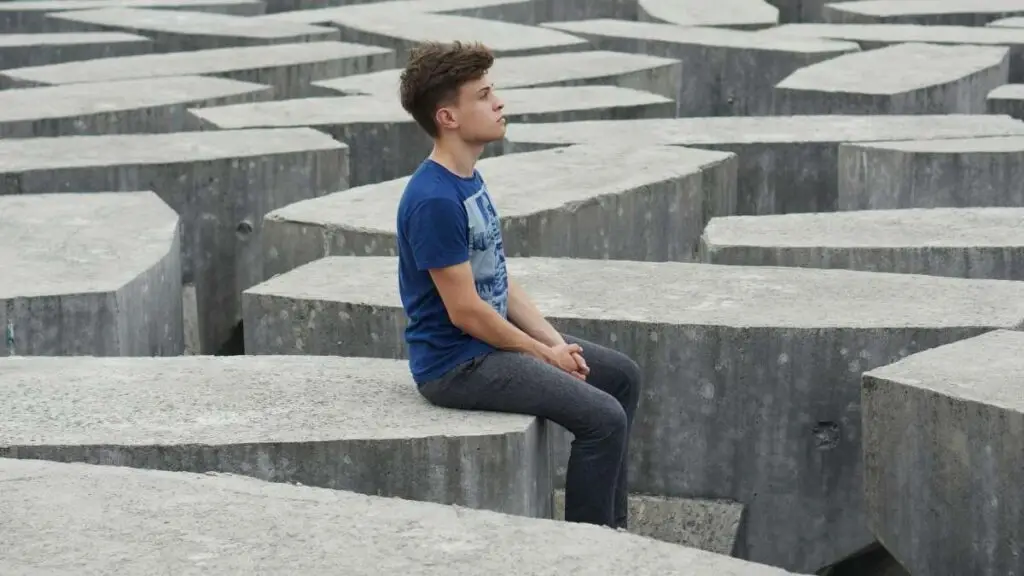By Geoffrey Cain
PRI’s The World
Feb 18, 2014
SEOUL, South Korea — For the first time, the United Nations has formally accused North Korea of crimes against humanity.
On Monday, a UN panel concluded a yearlong investigation into the regime’s human rights practices. The resulting 372-page report put forward allegations of murder, enslavement, forced abortions, forced disappearances and state-directed kidnappings overseas.
The three-member panel, known as the Commission of Inquiry, doesn’t have the power to file charges or issue an arrest warrant.
But retired Australian judge Michael Kirby, who heads the commission, warned that Kim Jong Un himself could be held accountable in any ensuing prosecution, citing “abundant evidence” of crimes against humanity.
Here’s a quick explainer of what’s going on, and why it matters.
1) The crimes against humanity match no others in today’s world
North Korea has been accused of just about every atrocity you can imagine. Alleged crimes include torture, public executions, the starvation of hundreds of thousands, and the detention of 80,000 to 120,000 people in prison camps, to name a few examples. At the press conference, Kirby announced that the findings “shock the human conscience.”
Indeed the testimony is gruesome, so read the report at your own peril.
For instance, authorities stand accused of putting hooks in the noses of North Koreans, dragging them around with a car or an oxen, while the resident of the surrounding towns pegged them with stones. In another tragic tale, a woman recounted how she was forced to drown her newborn baby at a prison camp.
Often, the victims didn’t do anything wrong, but carry guilt by association. Simply for being the unlucky siblings or parents of an ideological “traitor,” many spend the rest of their lives toiling away in labor camps.
North Korea did not cooperate with the investigation or allow the committee members access to the country. Instead, the regime released a harsh rebuke of the findings. It proclaimed that the report was the product of a hostile alignment between the US, the European Union and Japan.
2) Does a UN report make any difference?
The world has long known that, yes, North Korea locks up, starves, and publicly executes its citizens without a proper trial. And despite the prevalence of testimony and satellite evidence on its gulag camps, critics have long accused the international community of doing too little to assist the suffering North Korean people. United Nations sanctions, they say, haven’t allayed the situation at all. What good could a report possibly do?
In the big picture, it took decades to amass this body of knowledge that culminated with the inquiry, points out North Korea researcher Aidan Foster-Carter, an honorary fellow at the University of Leeds in the UK. Even if there’s no arrest warrant out for Kim Jong Un any time soon, the pressure on countries like China will grow, and the world now has a single authoritative body of evidence that can be called upon.
Many Americans may not remember that this body of evidence is a somewhat recent development, thanks to advances in satellite imagery and an influx of North Korean refugees over the past decade. In fact, the data on North Korea was once so weak that human rights groups focused on uncovering abuses in that erstwhile dictatorship, South Korea, writes Foster-Carter.
So yes, the report is seminal. Many have harbored suspicions of the extent of crimes inside North Korea, but never before has a jurist appointed by the UN, in any official capacity, sent a letter directly to Kim Jong Un informing him that he may be responsible for crimes against humanity.
3) What happens next is Beijing’s call
In an ideal world, the report would be grounds to indict Kim Jong Un and other top officials at the International Criminal Court. But for that to happen, the UN Security Council would need to refer the matter to the ICC. China, as a permanent member of the Security Council, has signaled its intention to block such a referral.
China has an uneasy alliance with its erratic neighbor, which it values as a buffer against the unbridled capitalism of close US military ally, South Korea. Beijing has rebuked the North for past nuclear tests, while upholding a steady flow of trade. China prizes security and stability along its border, repatriating North Korean defectors on the grounds that they’re “economic migrants” rather than political refugees, and therefore not eligible for asylum under international law.
On Monday, Beijing expressed its uneasiness with the report. Commenting on the commission’s findings, a Chinese foreign ministry spokeswoman said, “We believe that taking human rights issues to the International Criminal Court is not helpful to improving a country’s human rights situation.”
The article was originally published in PRI’s The World
See Also:





